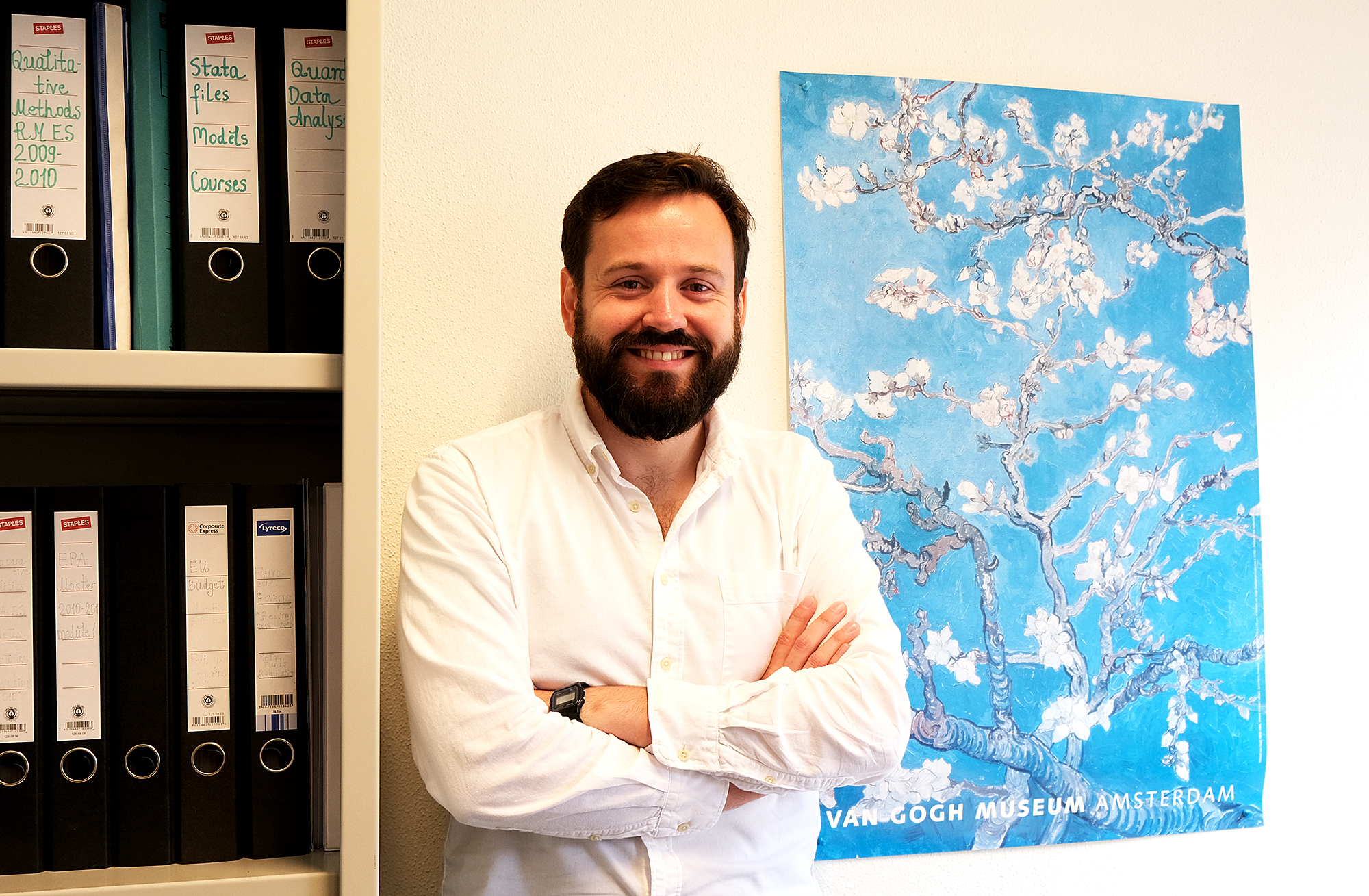News
-
In his master’s thesis, “Empowering Smallholder Farmers in Data-driven Agriculture through Blockchain Technology,” Daniel Acosta Stasiukynas, MSc Sustainability Science, Policy & Society graduate, explored blockchain technology and its potential to benefit smallholder farmers. In this blog, he...
-
The Grote Gracht is richly lined with historical buildings that conceal remarkable stories. Once again, our “hidden gem” is located on this street in Maastricht, this time at number 76: the (bike) cellar.
-
In their NRO-funded project CO-PILOT of €25,000, Johan Adriaensen, Mirko Reithler and Robyn Ausmeier explore the potential of using Large Language Models (LLMs) as a scaffolding tool for in-class use.
-
De Nederlandse Organisatie voor Wetenschappelijk Onderzoek (NWO) maakte 17 juli jl. bekend welke onderzoekers de zogenaamde Veni-beurs krijgen. Deze beurs gaat naar veelbelovende onderzoekers uit de volle breedte van de wetenschap.
-
Since Hungary took over the rotating presidency of the EU Council on July 1st, its Prime Minister Viktor Orbán has embarked on a widely criticized peace mission for Ukraine, including meetings with leaders of Russia and China. This has led to much speculation about what the next six months of the...
-
The 2024 Turriano Prize from ICOHTEC (the International Committee for the History of Technology) was awarded to Jacob Ward’s book Visions of a Digital Nation (MIT Press, 2024). The Turriano Prize recognises the best first book by an historian of technology.
-
"We are the pioneers in a brand-new field of engineering sciences, not just in Maastricht but globally as well", says Francesco Ferrari about the group of thirteen students, himself included, who in July received the first bachelor's degree in Circular Engineering.
-
Aleksandra Komornicka has received a Veni grant of € 320,000 from NWO for her project ‘The Market Next Door: Western European Multinationals and the Remaking of Central Europe, 1969-1993’.
-
Maastricht University has built a new research greenhouse at Brightlands Campus Greenport Venlo. Starting on September 1, research will be conducted in this high-tech greenhouse on the agriculture and horticulture of the future: from new cultivation techniques and the development of plants to the...








